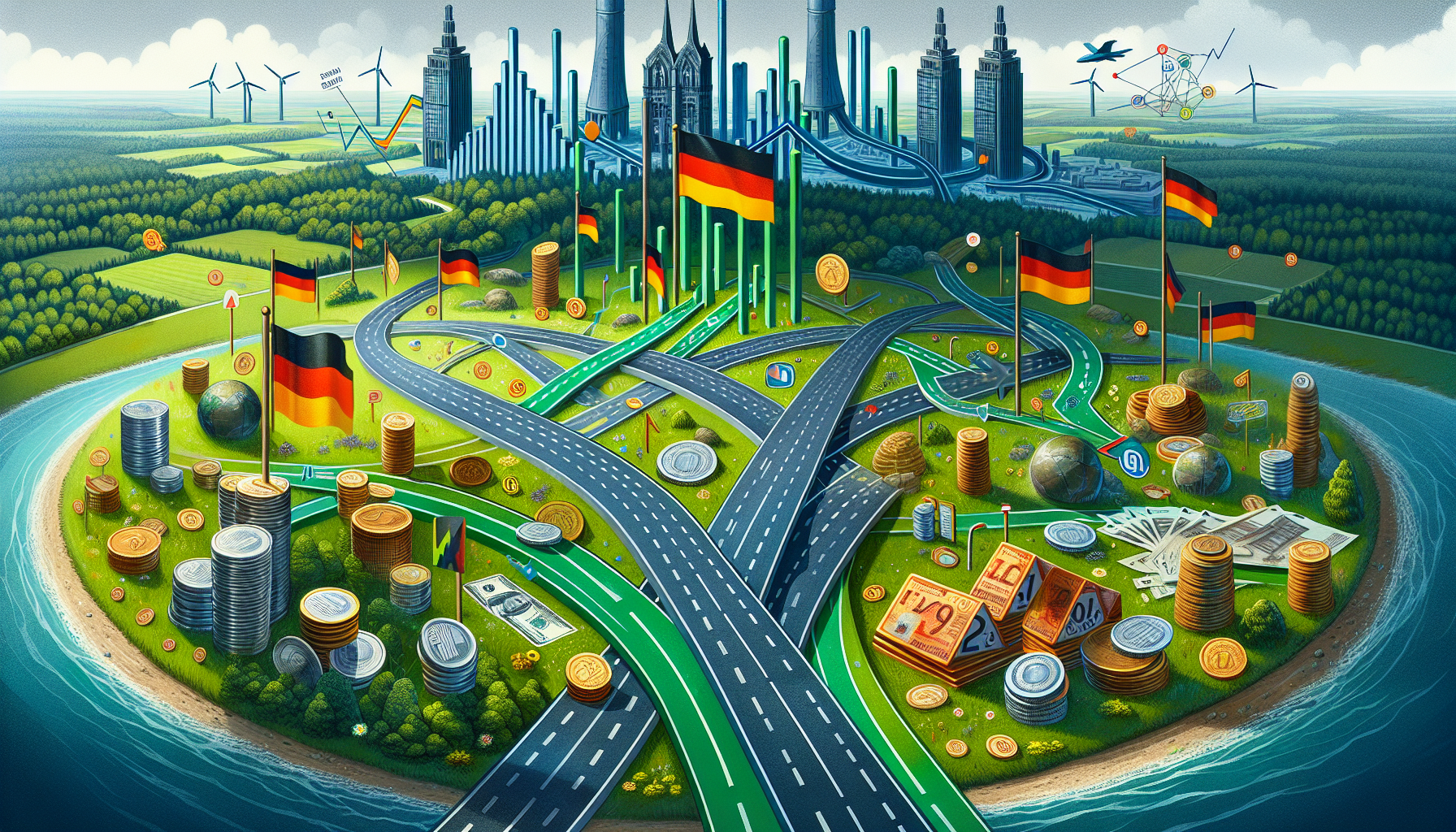Exploring Germany's Fiscal Future: Why EU Support Might Be Essential
When Wolfgang Schäuble wrapped up his tenure as Germany's Finance Minister in October 2017, he left a significant legacy—a tradition of fiscal discipline symbolized by a balanced budget, known famously as the "schwarze Null" (black zero). Fast forward to 2025, as Germany gears up for a potential fiscal overhaul, the principles of economic restraint Schäuble championed may face new challenges.
The Shift Towards Expansive Spending
Germany's incoming leadership is contemplating a significant shift in economic strategy that may drive the country towards expansive fiscal policies. The plan? To invest heavily in areas like digital infrastructure and green energy. The catch? Germany’s stringent fiscal rules would normally prevent such ambitious spending, especially without incurring debt.
The Role of the EU
This is where the EU's role becomes crucial. Germany, much like other nations eyeing substantial fiscal maneuvering, might need to seek EU-level assistance to bypass some of its self-imposed fiscal constraints. The Union could offer frameworks that enable more flexible spending whilst maintaining the economic stability that both Germany and the EU prize.
Potential Outcomes and Challenges
The implications of this could be twofold. On one hand, increased spending could bolster Germany's economic growth, driving innovations in key sectors and potentially setting a precedent for other EU nations. On the other hand, it risks igniting debates around fiscal responsibility and economic sustainability—topics that resonate deeply across Europe, especially given the continent’s diverse economic landscapes.
Germany stands at a fiscal crossroads, and the path it chooses could redefine not just its own economic framework, but potentially influence broader EU economic policies. Engaging in this fiscal dialogue extends beyond mere national interest, touching upon the economic identity of Europe as a whole.
Conclusion
As Germany edges towards a potential fiscal overhaul, the need for EU cooperation highlights a critical narrative: one where collaborative economic strategies could navigate the complexities of modern-day fiscal policy. How this integrates into the broader European economic narrative remains to be seen, but one thing is certain—fiscal landscapes are about to undergo substantial transformation.
Stay tuned here on [My Blog] for more updates on Germany's economic strategies and their implications for the EU's financial future. Let's navigate these turning tides together.
